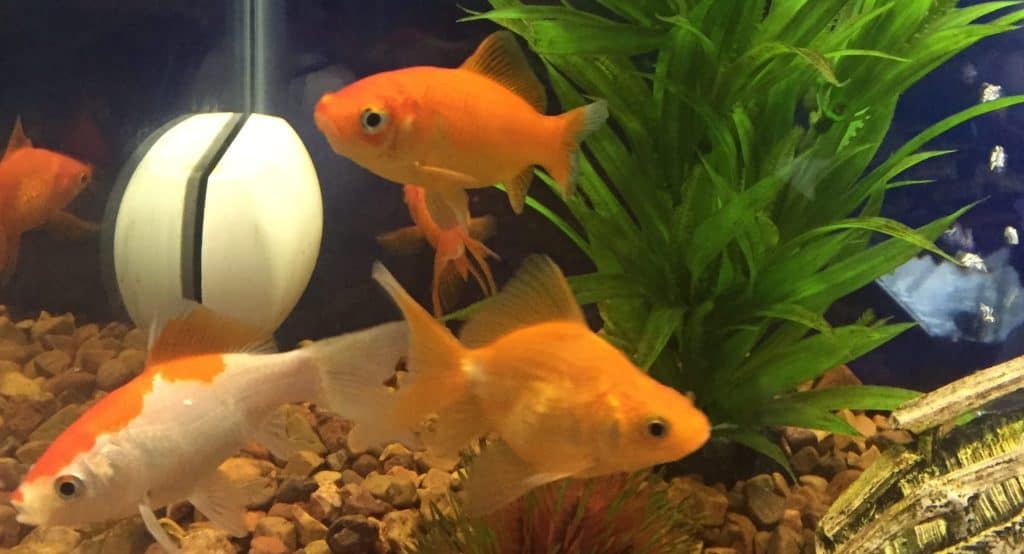When you live in a toilet, like fish do, it’s critical to have a well-functioning immune system. Being ectotherms, fish immune functions rely on the temperature of their surrounding environment to dictate their metabolism and immune function. Cold water = limited activity. Warm water = more activity. Hot water = poached. All things considered, a fish’s immune system may be more complex that you give them credit for.
In addition to basic phagocytosis, fish produce B and T lymphocytes. These cells are responsible for antibody production and are the reason why we are able to make vaccines for fish. Vaccines can be given orally, topically, by immersion, or through injection, like your flu shot. Most vaccines are available for aquaculture production and are not used on pet fish. For more information on vaccines in fish, read here.
Mammals produce their white blood cells in their bone marrow. Fish do not have bone marrow and rely on their kidney and spleen to produce blood cells. These cell lines have similar functions to mammalian white blood cells.
A fish immune function’s response to stress has a direct effect on their immune system. When a fish is stressed due to lack of nutrition, bullying, poor water quality, sound irritation or multiple other causes, they release hormones into their bloodstream, specifically cortisol, epinephrine and norepinephrine. These hormones initiate an animal’s “fight or flight” reflex, causing secondary changes in blood glucose, lactate, liver and muscle glycogen and osmolality. Over time, these chemical changes cause tertiary changes to behavior and performance, including digestion, reproduction, and immune function.
Acute stress is beneficial where it helps a fish get out of a stressful situation. Chronic stress, however, leads to long-term immune suppression and increased vulnerability to disease.
In order to maintain good fish immune function, use these key prevention and management strategies:
- Maintain good water quality
- Feed your fish a high-quality diet
- Provide adequate housing space or territory, depending on your species
- Practice good biosecurity and quarantine standards
- Vaccinate fish when possible
- Treat disease promptly and correctly
- Consider sedation for stressful handling and transport


Pingback: Carp Pox in Koi – Aquatic Veterinary Services